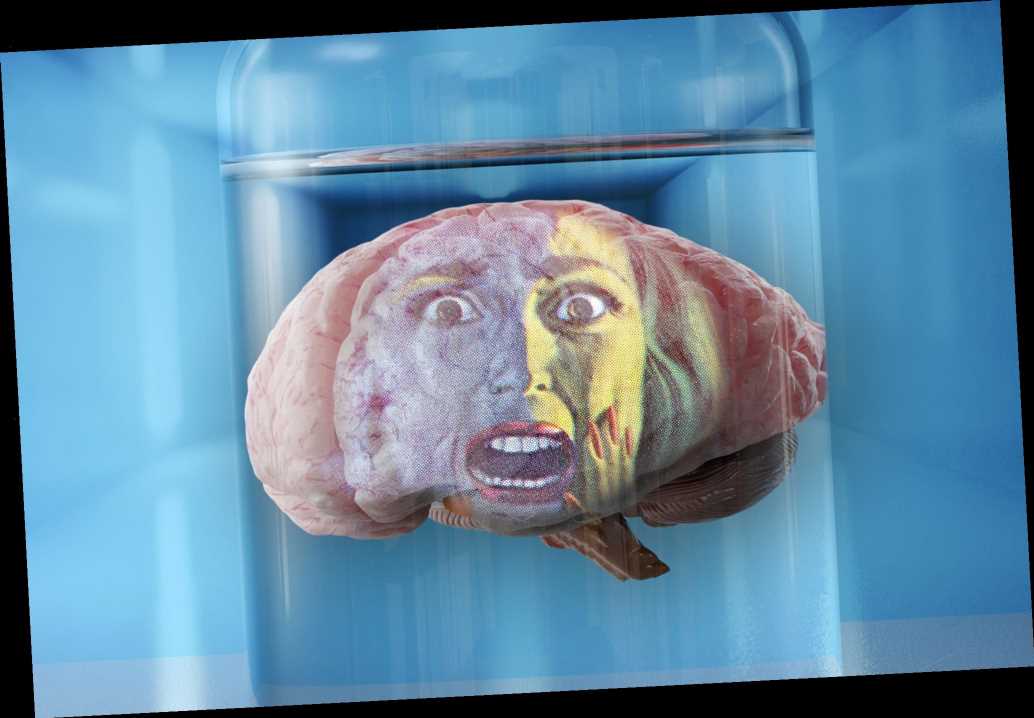Human brains grown in labs could be experiencing “endless horror” with a conscious existence but no body, according to worried scientists.
Green Neuroscience Lab researchers are warning that, although no one has proven that lab-grown brains are sentient, the risk could be too great to continue using them.
The blobs of tissue are often referred to as mini-brains or “organoids.” More testing would be needed in order to prove their sentience, which just means if something has the capacity to feel, perceive or personally experience the world around it.
The mini-brains are only pea-sized and have brainwave patterns similar to those of premature babies.
Many scientists believe the mini-brains have the potential to transform medicine and what we know about the brain.
However, they’re controversial because the line between medical research and human experimentation is unclear.
Elan Ohayon, director of the Green Neuroscience Laboratory, told The Guardian: “If there’s even a possibility of the organoid being sentient, we could be crossing that line.
“We don’t want people doing research where there is potential for something to suffer.”
The researchers will deliver a speech about the risks of using mini-brains for experiments at the Society for Neuroscience in Chicago.
They think more debate is needed before lumps of brain continue to be grown in labs and, in some cases, inserted into animals.
Studying the live human brain is extremely difficult but organoids have allowed scientists to conduct invaluable research into conditions like schizophrenia and autism.
However, Ohayon wants funding for research that involves even the smallest chance of an organoid becoming sentient to stop.
Ohayon explained: “We’re already seeing activity in organoids that is reminiscent of biological activity in developing animals.”
He has developed computer models to support his theory but has urged for more work on the subject.
Source: Read Full Article
